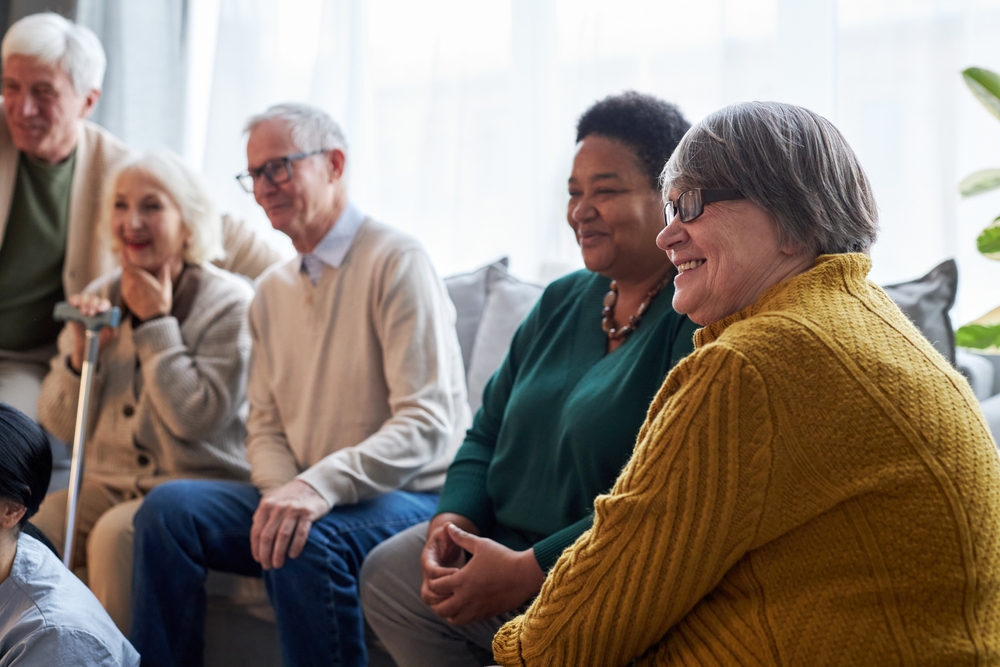What Causes Balance Problems in the Elderly?
Category:

Many older adults experience problems with balance. There are a myriad of causes of balance issues in elderly adults, some treatable, and some with which seniors must simply learn to cope. So what causes loss of balance in the elderly?People generally think balance is controlled by the inner ear, which sends information to the brain about the location of the head. This system is also connected to the brain, which then connects to the spinal cord and overall nervous system. The eyes, skin, muscles, and joints also send messages to the brain. All these systems are so interconnected that if any one of them are not working correctly it could lead to a loss of balance in elderly adults.
What causes balance problems in the elderly?
Many things can cause balance problems in elderly adults. For instance, since the inner ear is so influential when it comes to how the body maintains balance, any inner ear issues can cause problems. Issues like dizziness and vertigo can occur if there are significant vision problems or even after a head injury from a fall. Also, because the spinal cord is connected directly to the part of the brain in charge of balance, any nerve damage will almost certainly cause problems. Nerve damage in the feet and legs can be particularly troublesome.There are many diseases which are prevalent in older adults that can have an effect on balance. Diabetes can causes difficulties due to nerve damage or loss of blood circulation to the feet.
Multiple Sclerosis could also lead to a lack of balance in elderly adults with the disease. MS attacks the nervous system, often causing numbness in the extremities, and, ultimately the inability to control the limbs. Parkinson’s Disease is another brain and nervous system-related disease that can lead to stability issues. As the sufferer loses the ability to control muscles, balance can become a challenge.
Finally, Ramsay Hunt Syndrome, while more rare than the other diseases mentioned here, can also cause problems. Ramsay Hunt Syndrome occurs when the shingles virus has attacked the vestibular nerve in the ear, one of the most important nerves related to balance.Low blood pressure and other circulation issues can also lead to balance problems. Orthostatic hypotension is particularly concerning here, as it occurs when the brain is deprived of oxygen-rich blood.
The condition causes lightheadedness and dizziness, particularly if a sufferer stands up too quickly after sitting for a time, and can lead to a sudden loss of balance in elderly adults.Those who suffer from occasional issues with balance should not rush to diagnose themselves with Multiple Sclerosis or Parkinson’s Disease. There are many things that can cause issues in addition to those listed here.
It should also be mentioned that dizziness is a side effect of many medications and combinations of medications, which can lead to problems with balance. If you are concerned about any of these issues, be sure to have a chat with your doctor so you can determine the cause and assess which treatment will be best for you.
Subscribe
Date: 2019-04-04
Category:


